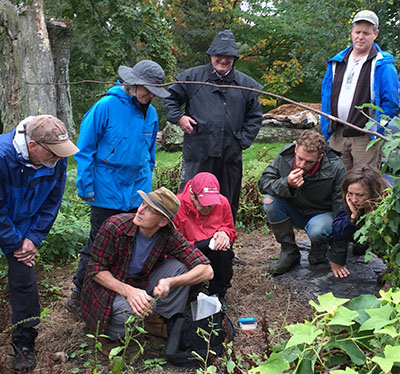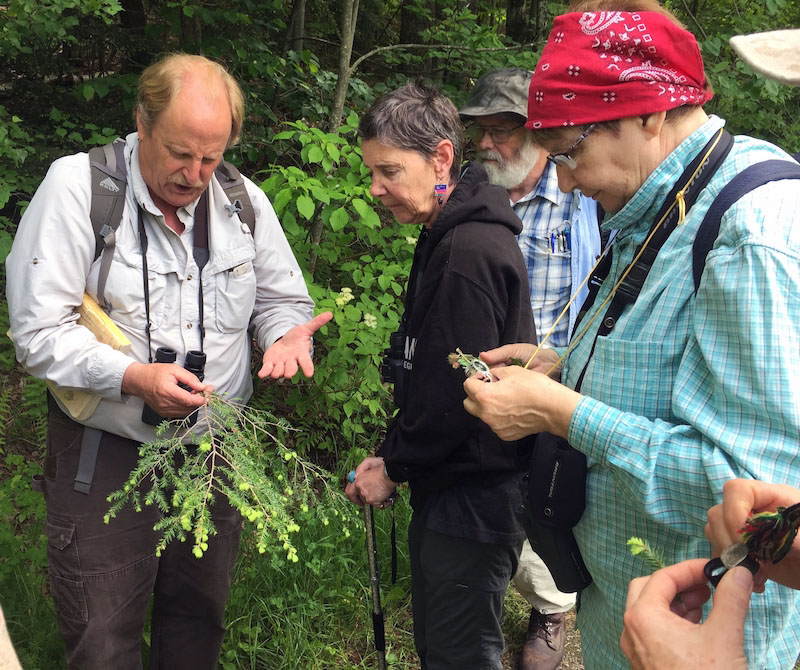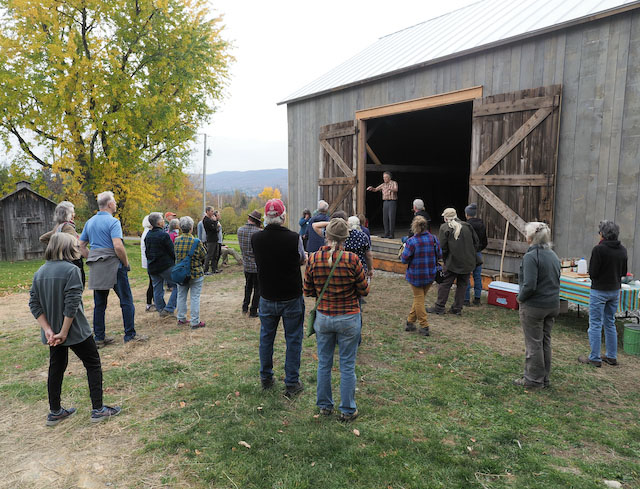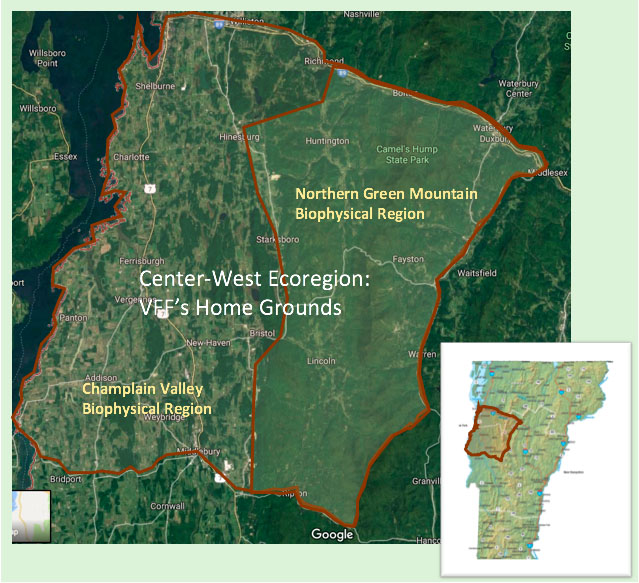
by David Brynn, VFF executive director
“Forests are like teenagers…”
The 10th edition of The Practice of Silviculture: Applied Forest Ecology was published in late 2017. It has been twenty years since the ninth edition was released and much has changed. In looking through the references in the latest edition, one in particular jumped out at me: A Critique of Silviculture: Managing for Complexity (2009).
The authors are Klaus Puettman, professor of silviculture at Oregon State; K. David Coates, senior research silviculturist in British Columbia; and Christian Messier, professor of forest ecology and director of the Center of Forest Research at the University of Quebec.
Each of the five chapters of this 190-page text packs a punch. Two of them in particular grabbed my attention. Chapter 1 explores the historical context of forestry and focuses on the role of German forestry in shaping that which is still practiced in the United States. In Germany, forestry has always focused on the site-specific realities of a particular place including the economic, ecological, and social elements. However, the authors go on to explain what was lost in the German-to-English translation.
In Chapter 5 the authors make the case that, in a rapidly changing climate, economy, and culture, sweeping changes in the way we practice silviculture are required. Rather than focusing so much attention on forests as resources to be managed, silviculture for the 21st century and beyond needs to focus much more attention on forests as ecosystems to be conserved. They list four key principles to guide us:
- Consider as wide a variety of ecosystem components and functions as possible;
- Abandon the command and control approach;
- Actively maintain and develop within- and among-stand heterogeneity in ecosystem structure, composition, and function to recreate the natural variability in forest conditions and processes; and
- Allow stands to develop within an envelope of possible conditions.
Authors Puettman, Coates, and Messier suggest there are many similarities in managing forests and raising teenagers. Both are complex and adaptive systems. Some forest managers and some parents elect to impose strict rules. Others relax their grip and accept more of what is given by forests and by teenagers. “Although they may not become the person or forest we had anticipated, they may actually develop beyond our wildest dreams because their upbringing has prepared them to find their own specific solutions to challenges and surprises presented to them.”
There is a whole lot of wisdom in this approach.





